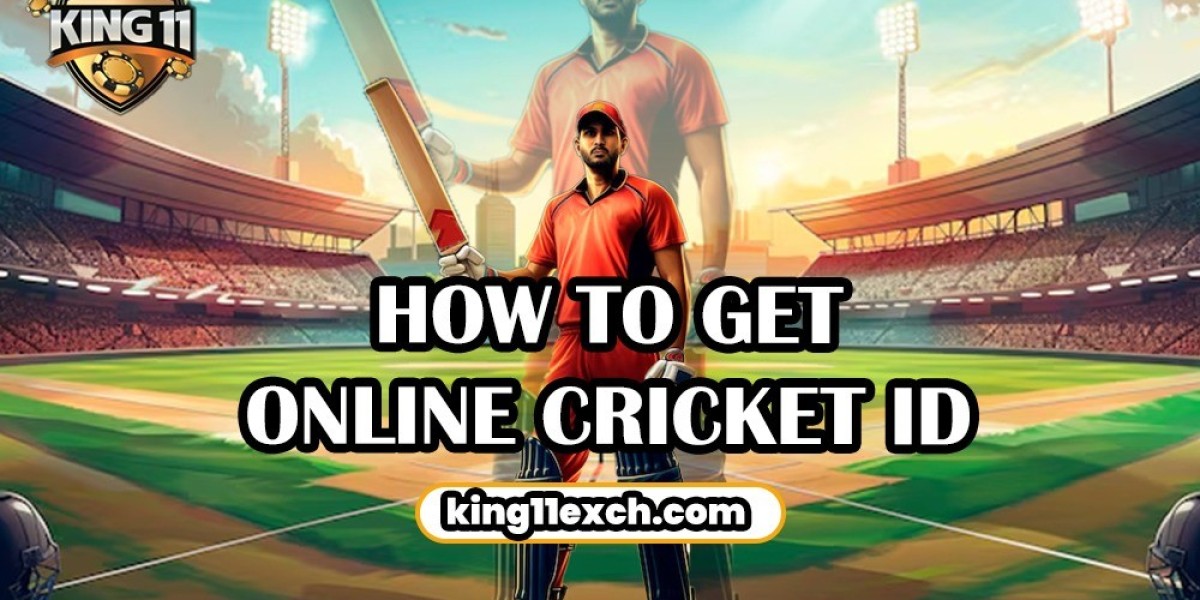Health and wellness coaching is not just about offering advice; it's a dynamic and thoughtful interaction between the coach and the client. A successful coach must go beyond surface-level conversations to understand what motivates or holds their clients back. This ability to connect deeper separates good coaching from great coaching.
Tanvir Hussain, a Weljii-trained coach, exemplifies how mastering these insights can elevate one's coaching capabilities. Here are a few essential insights every health and wellness coach should embrace to help their clients achieve sustainable transformation.
Active Listening
Active listening forms the foundation of any strong coach-client relationship. As a coach, your role is not simply to ask questions or offer solutions but to truly understand your client's emotions, challenges, and mindset. It requires you to listen fully and understand the verbal cues, body language, and underlying emotions. Active listening allows you to tailor your coaching to the client's unique situation, leading to more meaningful progress.
Human Motivation
Different forces drive every individual. What motivates one person may not motivate another, and as a wellness coach, it's crucial to uncover these nuances. Some clients may find motivation in short-term goals, while long-term achievements may inspire others. Part of your role is to ask the right questions that dig deep into the client's mindset, revealing what drives them to succeed and what holds them back. Weljii's health and wellness coaching program emphasizes this aspect, helping future coaches like Tanvir Hussain discover how to approach motivation from a personal and individualized angle.
Emotional Intelligence
Being emotionally intelligent means understanding and managing your own emotions and those of your clients. Wellness coaching often delves into personal challenges, which can stir strong emotions. As a coach, having high emotional intelligence allows you to remain calm, empathetic, and supportive while helping your clients navigate their emotional landscapes. The emotional connection helps build trust and rapport, which are critical to a successful coaching relationship.
Open Dialogue
Clients must feel safe and supported to express their challenges, fears, and emotions. As a coach, it's your responsibility to create an environment that fosters trust and openness. It means moving beyond generic questions like, "How are you?" Rather, have a meaningful conversations, allowing the clients to understand their feelings and desires. Weljii's training programs emphasize the art of deep conversation, where coaches learn how to guide discussions that lead to self-awareness and transformation in clients.
Conclusion
Coaching for health and wellness is not a one-way discussion. The conversation is constantly changing, so you need to be able to actively listen, be emotionally intelligent, and know what drives people. The health and wellness coaching program at Weljii gives people who want to become coaches the tools and knowledge they need to make these kinds of links, which are suitable for both the coach and the client. Like Tanvir Hussain, who advanced his understanding and capabilities through Weljii, embracing these insights can transform you into a wellness guide capable of inspiring lasting change. The journey to becoming a successful health and wellness coach starts with mastering these key learnings.








